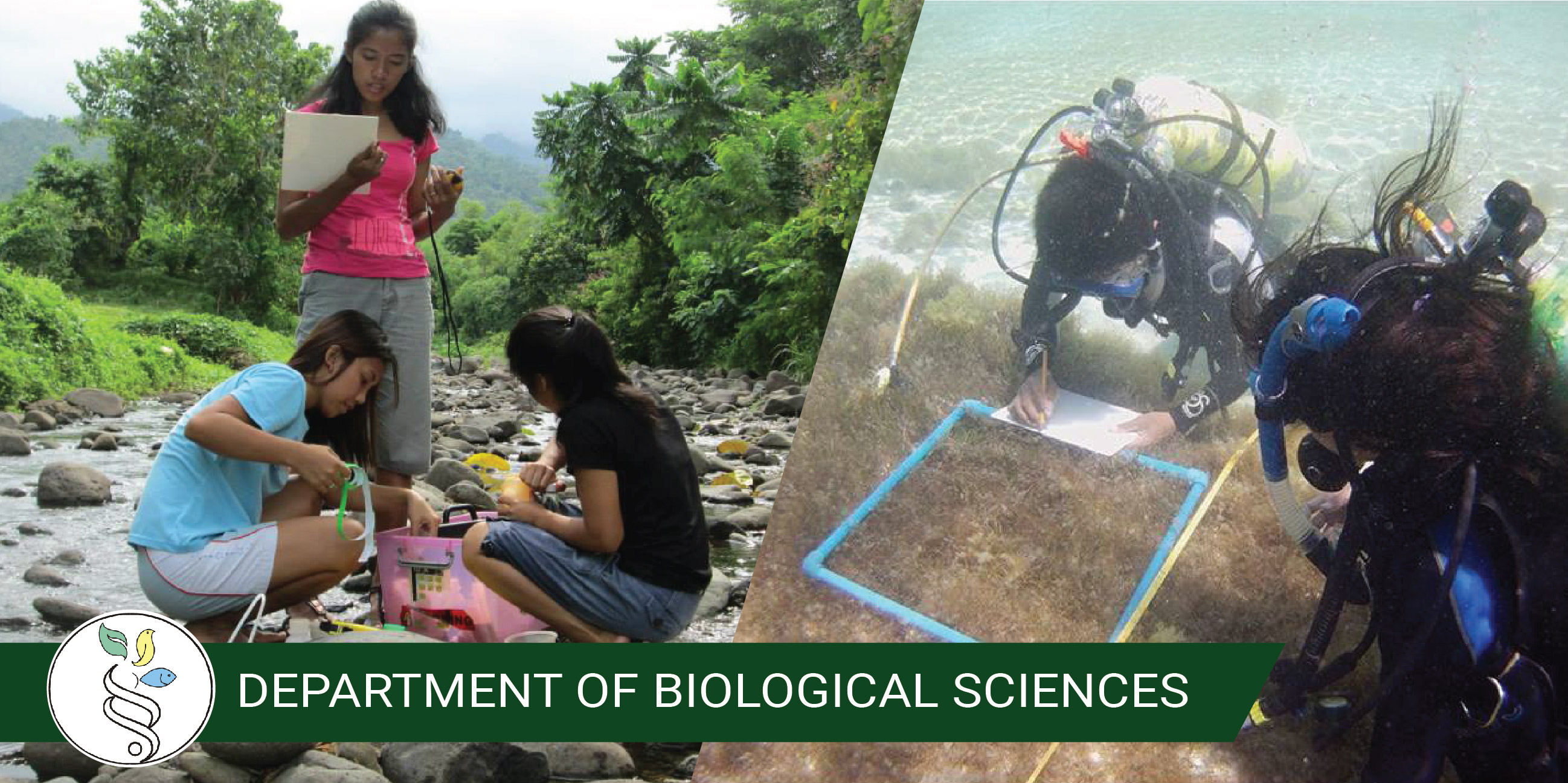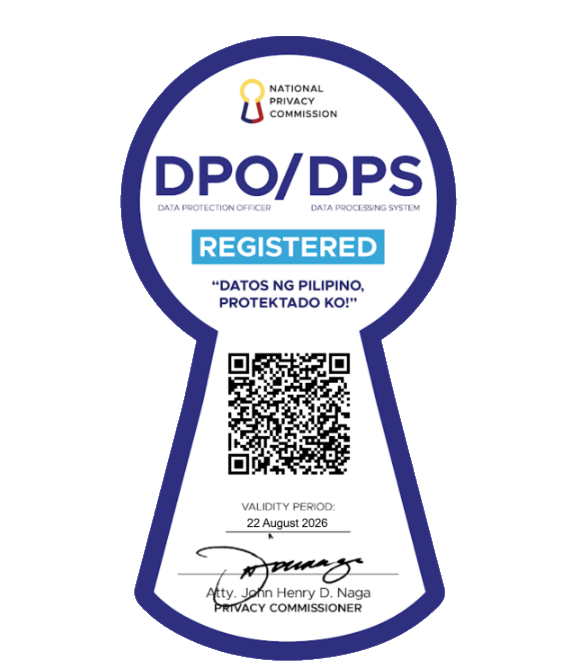Department of Biological Sciences

The Department of Biological Sciences is a conglomeration of four sections: Botany, Genetics, Microbiology and Molecular Biology, Marine Biology, and Ecology. It offers the Bachelor of Science in Biology program with its three major fields of specialization: Marine Biology, Botany and Ecology.
Together with the Department of Pure and Applied Chemistry and the College of Education, the department is also offering Bachelor of Secondary Education major in Chemistry-Biology. It is also jointly offering Bachelor of Science in Agriculture major in Agricultural Botany, with the College of Agriculture. The Department also offers two graduate programs: Master of Science major in Botany and Master in Biology (MBio) which is a non-thesis Graduate program offered in partnership with the Leyte Normal University Graduate School. This latter program aims to upgrade the academic qualifications of tertiary faculty members of state colleges and universities.
Vision, Mission & Goals
Degree Offerings
Bachelor of Science in Biology with majors in:
Marine Biology
Botany
Ecology
Master of Science in Botany
Sections
- Genetics, molecular biology and microbiology
This section includes three related disciplines on the molecular aspect of the cell, focusing on gene expression and regulation and molecular techniques and analysis; biotechnology applications; and techniques in culture and identification of microorganisms with emphasis on bacteria and microscopic fungi. This section also offers graduate subjects for the Master in Biology (MBio) program. - Ecology
The ecology section serves a variety of undergraduate students, including both biology majors and non-majors throughout the university. This section deals with courses on terrestrial and aquatic ecosystems and resource conservation and management. Field work and conservation and assessment of status of different types of ecosystems focusing on nearby areas in Leyte are also introduced through this section. - Botany
This section strives for excellence in teaching in plant physiology and development, ecology and systematics which includes plant identification and training on herbarium preparation and plant conservation. Instruction is also enhanced through access with the botanical garden and herbarium situated in the department. - Marine Biology
This section provides interdisciplinary background in marine biology through traditional courses and experimental learning programs further enriched by access to the Marine/ Aquatic laboratory situated at the lower campus and modern field equipment for terrestrial and aquatic sampling and research. This section also conducts Marine Resource Assessment and Monitoring, Participatory resource, ecological and livelihood assessment, Water analysis, Open-water SCUBA lead by a resident faculty of the department, environmental education and training, marine sanctuary establishment and coastal resource management.
Facilities
The facilities of the Department include the main building that houses 2 lecture and 4 laboratory rooms, 1 herbarium, 1 green house, 1 preparation room containing modern laboratory equipment, conference room and library and 10 faculty offices. The department has access to the Marine Laboratory with modern equipment for aquatic sampling research with underwater documentation facilities, speedboat and SCUBA diving gear.


